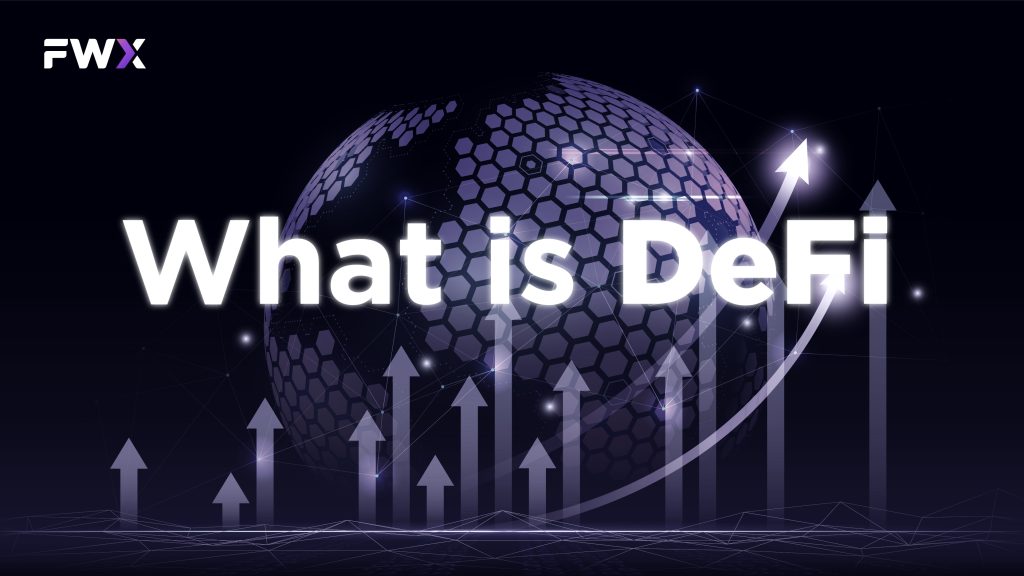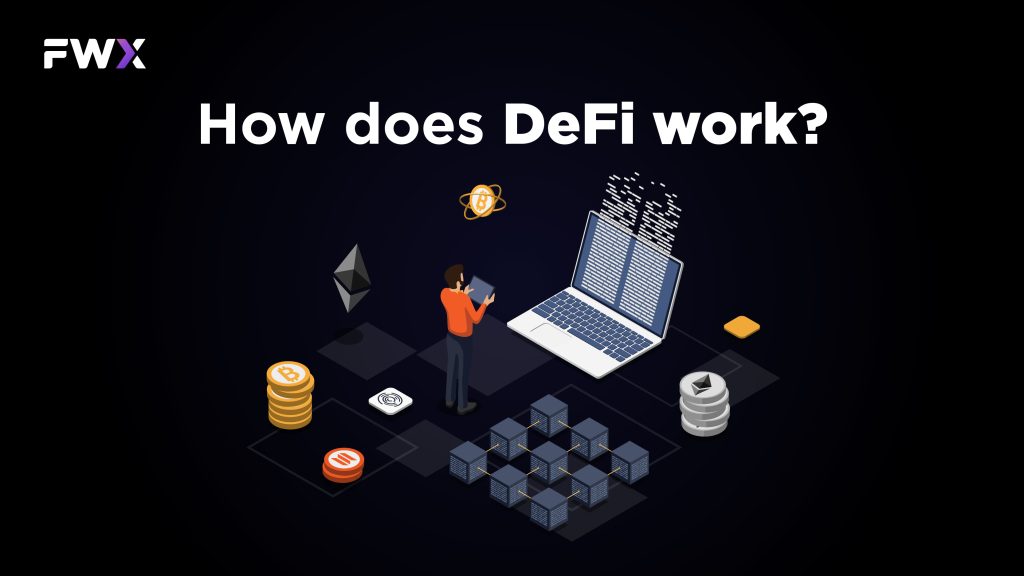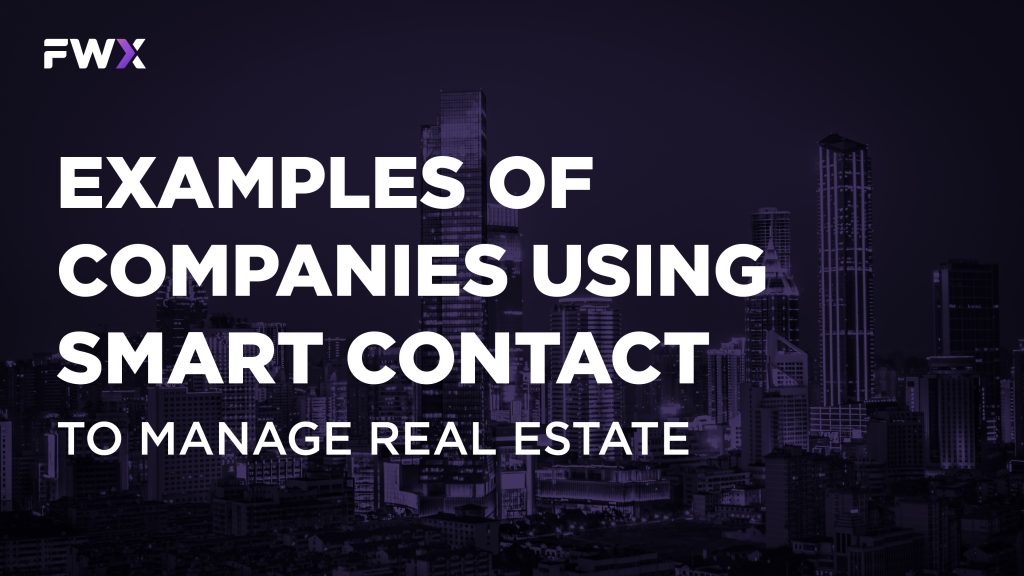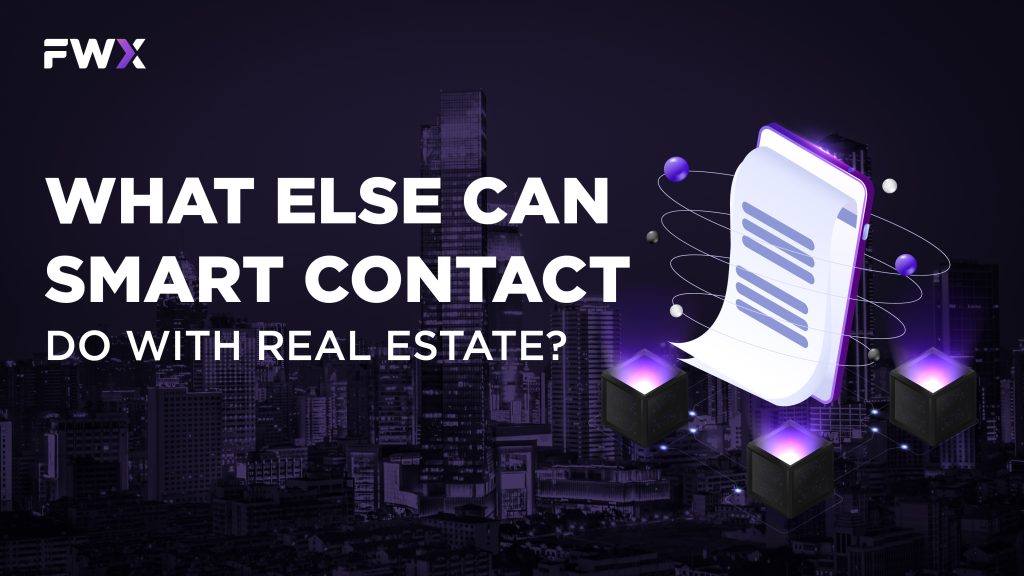If you are interested in the future of finance and how technology can transform the real estate industry, this article provides an overview of how decentralized finance (DeFi) and smart contracts can be used to automate financial decisions and manage real estate transactions.
What is DeFi?

Decentralized finance, or DeFi, refers to a group of financial services that utilize blockchain technology to automate financial decisions. Unlike traditional banks, DeFi services operate without the involvement of individuals, relying instead on smart contracts to administer transactions. These smart contracts execute programmed rules to manage financial activities, such as accepting and paying out money and adapting to changing market conditions. DeFi services cover essential financial functions, including lending, borrowing, trading, funding, derivatives, and insurance, similar to traditional financial institutions.
How does DeFi work?

DeFi services operate by gathering data from blockchains and using smart contracts to execute financial decisions. Blockchains are a type of decentralized database that allow users to view, access, and verify information uploaded onto them. This information can include logistical data and records of financial transactions. Blockchains operate across multiple computers, known as nodes, ensuring that data on the blockchain is immutable and easily accessible.
Smart contracts are computer programs that execute predetermined actions when specific economic conditions are met. They operate similarly to a vending machine, dispensing a product in response to payment. Smart contracts are used to administer financial services on DeFi platforms. They eliminate the need for intermediaries, such as banks and other financial institutions, to manage financial transactions. Instead, smart contracts execute financial activities, including lending, borrowing, trading, funding, derivatives, and insurance, autonomously.
Decentralization is a key feature of DeFi services. By eliminating the need for centralized intermediaries, DeFi platforms can provide financial services to a wider audience, including those who may not have access to traditional banking services. Additionally, the use of smart contracts ensures that transactions are transparent and secure, as they are executed on a decentralized network, making it difficult for bad actors to manipulate or corrupt the system.
What are the typical outcomes when two individuals agree to use a smart contract?
When two parties agree to use a smart contract, several steps are taken to ensure that the contract is executed accurately and transparently:
- The creator of the contract establishes the conditions that must be met for the smart contract to execute. Some smart contract programming languages are designed for non-programmers, but parties may choose to hire a third-party programmer to write the contract. The terms of the agreement are hammered out before the contract is created.
- The creator uploads the smart contract onto the blockchain. When a smart contract is uploaded onto a blockchain, a copy of it is sent to each node on the chain. This prevents hackers from changing the terms of the contract, as the blockchain holds multiple verified copies of the original contract. Even if a hacker manages to alter the contract on one node, the blockchain would quickly revert the change.
- Once the conditions are met, the smart contract executes. Oracles are programs that ensure smart contracts have access to the necessary information. They pull real-time data from sources such as the stock exchange or an IoT device and upload it onto the blockchain. Smart contracts then use this data to make decisions.
Smart contracts can be designed to work together, and programmers can create advanced smart contracts that react to even the slightest shifts in market conditions. The largest DeFi services today run on an interconnected system of smart contracts that connect buyers, sellers, and lenders.
Overall, smart contracts provide a secure and efficient way for parties to execute agreements. They eliminate the need for intermediaries and increase transparency, making them a promising solution for a variety of industries.
Examples of Companies Using Smart Contact to Manage Real Estate

There are several companies that are leveraging smart contracts to manage real estate transactions and operations. Here are a few examples:
Propy: Propy is a blockchain-based platform that uses smart contracts to automate real estate transactions. The platform allows buyers, sellers, agents, and title companies to collaborate on a secure, decentralized platform. Propy has processed over $1 billion in real estate transactions globally.
Harbor: Harbor is a blockchain-based platform that enables fractional ownership of real estate assets. The platform uses smart contracts to create digital securities that represent ownership in the property. Investors can buy and sell these securities on the blockchain, making it easier to invest in real estate.
ShelterZoom: ShelterZoom is a blockchain-based platform that uses smart contracts to streamline the real estate buying and selling process. The platform allows buyers and sellers to negotiate and sign contracts in real-time, using smart contracts to automate the process.
Atlant: Atlant is a decentralized real estate platform that uses smart contracts to facilitate property transactions. The platform allows property owners to list their properties for sale or rent, while buyers and renters can search for properties and submit offers directly on the platform.
BitProperty: BitProperty is a blockchain-based platform that enables investors to buy and sell shares in real estate assets. The platform uses smart contracts to automate the buying and selling process, reducing the need for intermediaries.
These companies are just a few examples of how smart contracts are being used to transform the real estate industry.
What else can Smart Contact do with Real Estate?

Smart contracts can have a wide range of applications in the real estate industry beyond simple property transactions. Here are some examples:
Property management: Smart contracts can be used to automate tasks such as rent collection, maintenance requests, and property inspections. This can help landlords save time and reduce the need for intermediaries.
Tokenization of real estate: Smart contracts can be used to create digital tokens that represent ownership in a property. These tokens can be bought and sold on blockchain-based platforms, making it easier for investors to access real estate assets.
Escrow services: Smart contracts can be used to hold funds in escrow until certain conditions are met. For example, a buyer could deposit funds into an escrow smart contract that releases the payment to the seller once the property transfer has been completed.
Fractional ownership: Smart contracts can be used to divide ownership of a property into smaller fractions, allowing multiple investors to own a portion of the property. This can make real estate investing more accessible and affordable for a wider range of people.
Title transfers: Smart contracts can be used to automate the transfer of property titles between buyers and sellers. This can reduce the time and cost associated with traditional title transfers.
Conclusion
In conclusion, Decentralized Finance (DeFi) is a group of financial services that utilizes blockchain technology to automate financial decisions. Smart contracts are computer programs that execute predetermined actions when specific economic conditions are met, and they are used to administer financial services on DeFi platforms. Smart contracts are secure and efficient, providing a promising solution for a variety of industries, including the real estate industry. Several companies, such as Propy, Harbor, ShelterZoom, Atlant, and BitProperty, are using smart contracts to manage real estate transactions and operations. Smart contracts have several other applications in the real estate industry, including property management, tokenization of real estate, escrow services, fractional ownership, and more. Smart contracts provide a secure and transparent way for parties to execute agreements, eliminating the need for intermediaries and increasing transparency.


